Anyone who read the Transparency International’s Corruption Perception Index report for 2018 will surely not have a good picture of what is happening in Nigeria. But it will not be the fault of TI, which appropriately categorized the report as mere perception-because that’s what it is.
But since 2016, so much have happened to reduce corruption in the country, especially in public finances and other government operations. Executive Orders had been signed, new legal anti-corruption instruments have been established and several MoUs signed to stop money laundering.
If the Attorney-General of the Federation and Minister of Justice is the Chief Law Officer of the Country and the Legal Adviser to the Federal Government, it is not illogical to attribute all legal effort to tame corruption to his office. Abubakar Malami, perhaps more than any other minister of justice the country has had, has impacted governance in so many positive ways.
No one should forget that for the first time in the history of the country, we have a Presidential Advisory Committee on Anti-Corruption (PACAC) which can be rightly regarded as the gear box of the anti-corruption policies of the President Muhammadu Buhari Administration. Only a minister of justice desirous of using the instrumentalities of the law to stop corruption would think of and support the establishment of such committee.
PACAC is chaired by Professor Itse Sagay, one of the most erudite legal minds in the country. Other members were carefully selected from across the ivory towers and include Femi Odekunle-the first Professor of Criminology in Africa.
The signing of the order initially raised eyebrows and some members of the political opposition were quick to accuse the President of having no such powers. But the President got a judicial affirmation of the order’s constitutionality and legality when Justice Ijeoma Ojukwu, of the Abuja Division of Federal High Court, ruled that Executive EO6 was within the powers of the President.
Also, for the first time, an administration in the country has initiated an anti-corruption strategy that involved all Ministries, Departments and Agencies of the government. A 20 – member committee was also established to monitor and Evaluate the Implementation of the National Anti-Corruption Strategy (2017 -2021). The committee has kicked -off operations with the task of monitoring and evaluating about 800 Federal Ministries, Departments and Agencies (MDA), in the country. The committee is to demand reports from the MDAs on their compliance to the NACS specifications.
Again, no administration in the country has prosecuted as many politically exposed persons as this administration, which has now included a serving Chief Justice of Nigeria, Walter Onnoghen. Judges had been prosecuted in the past. But we have never had a CJN called to account over violations of the law. The Government has provided incontrovertible evidence of his alleged crimes that led to the demand for his resignation.
Similar, he rejected the indictment of certain persons and queried failure to investigate certain persons in the Halliburton case. But in an effort to disparage Malami, the memo was leaked to the press and reported with a spin. It was reported as if Malami instructed the EFCC to discontinue the case against the accuse, when all he requested was more conscientious investigations.
Malami has stood behind the President to ensure repatriation of all stolen funds back to the country, and make it impossible or very difficult for looted funds to be laundered. Different MoUs have been signed on money laundering with several European countries including the United Kingdom. A similar agreement was signed with the United Arab Emirate and Saudi Arabia, among others.
This passionate desire to fight corruption along with Mr. President has opened him to allegation of lack of respect for the rule of law in cases involving some politically exposed persons, especially Sambo Dasuki, National Security Adviser to former President Goodluck Jonathan.
Dasuki’s lawyers had gone to every court to secure bail for him and succeeded on four occasions. But the Government has refused to let him go. But in reaction, Malami had justified holding on to Dasuki. He said reports available to the Administration have shown that there was massive mismanagement of funds meant for military hardware which the military could not access and that led to the death of many.
“Obeying the court is not the issue per say. Are we going to take the issue of an individual more important than that of the people? You should also know that there is a general consensus world over that where the dispute is only between individuals, then you can consider the issue based on the instant situation. But if the dispute is about an issue that affects an entire nation, then you have to remember that government is about the people not for only an individual,” he was quoted to have said.











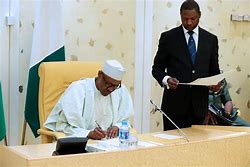

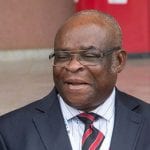







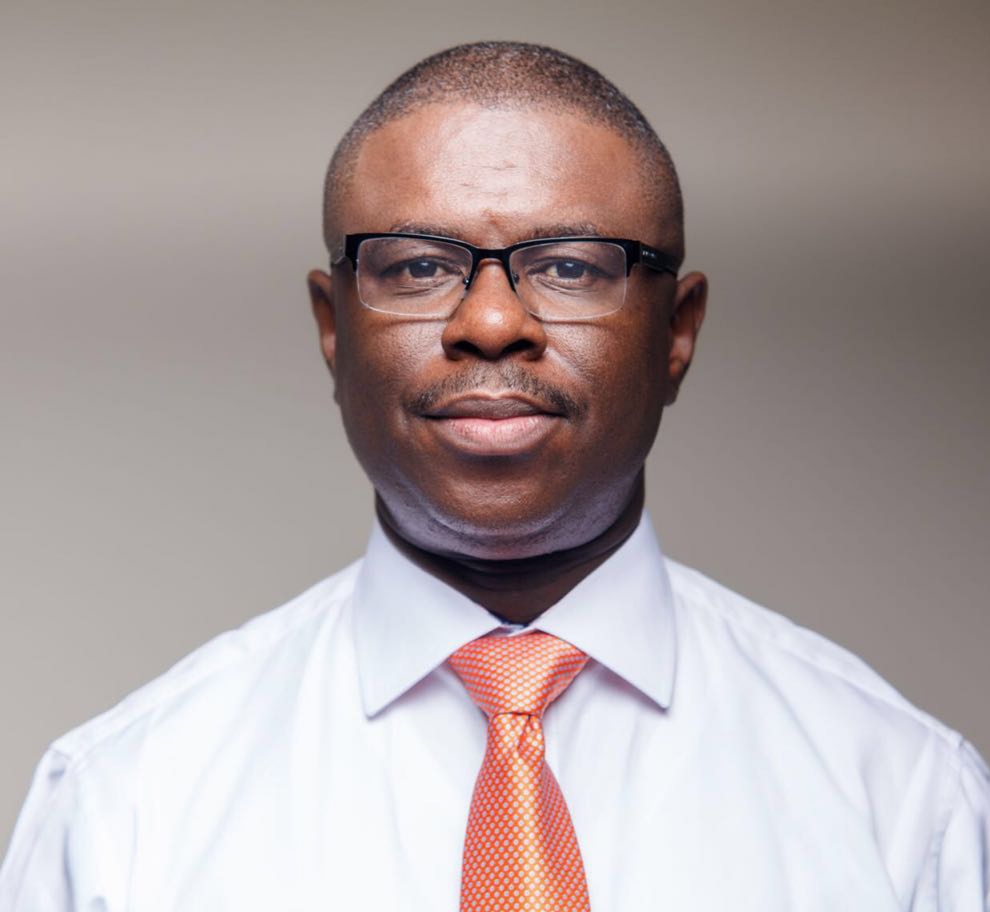

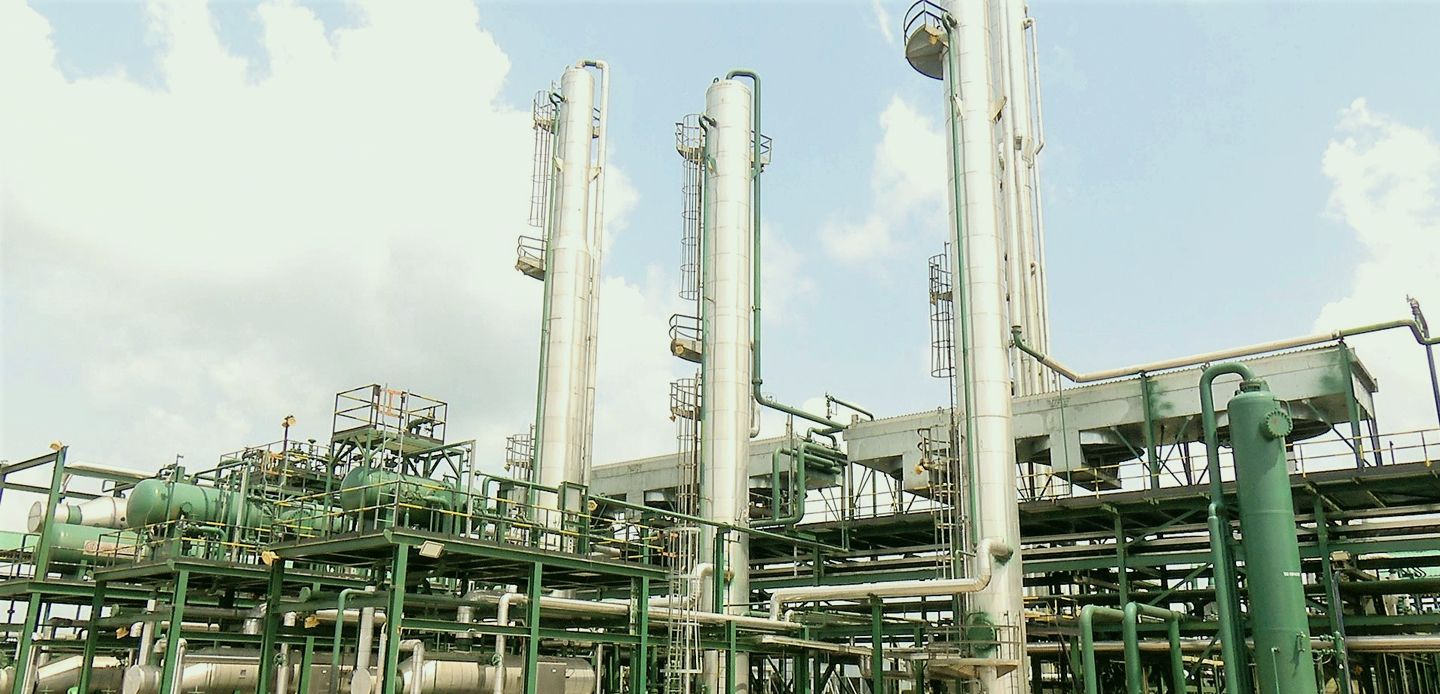
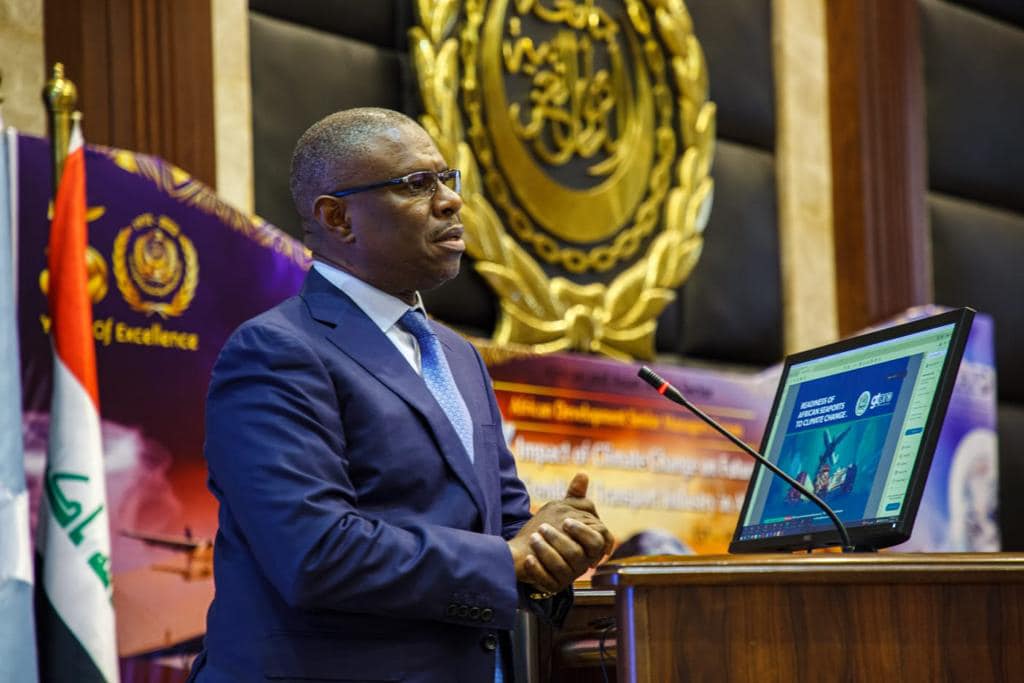

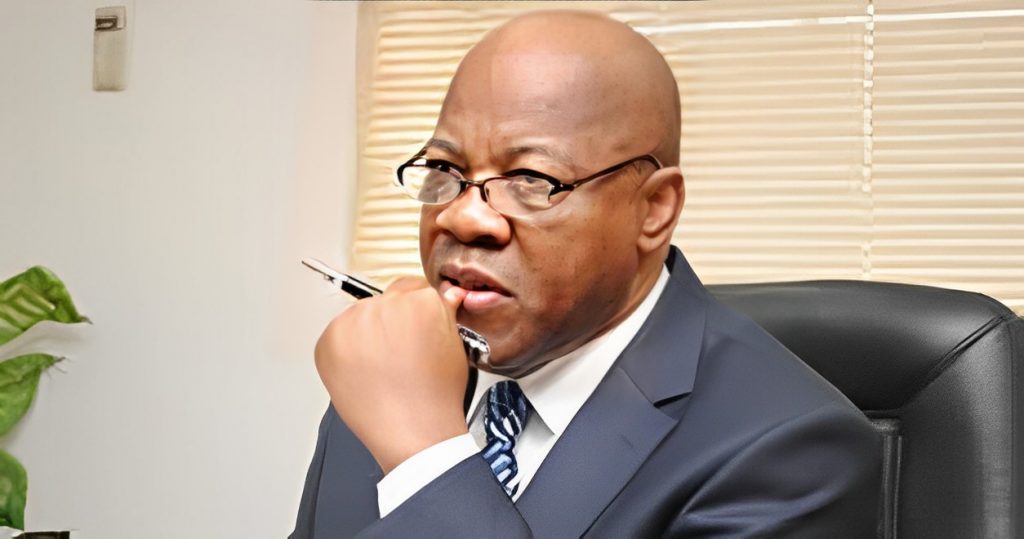
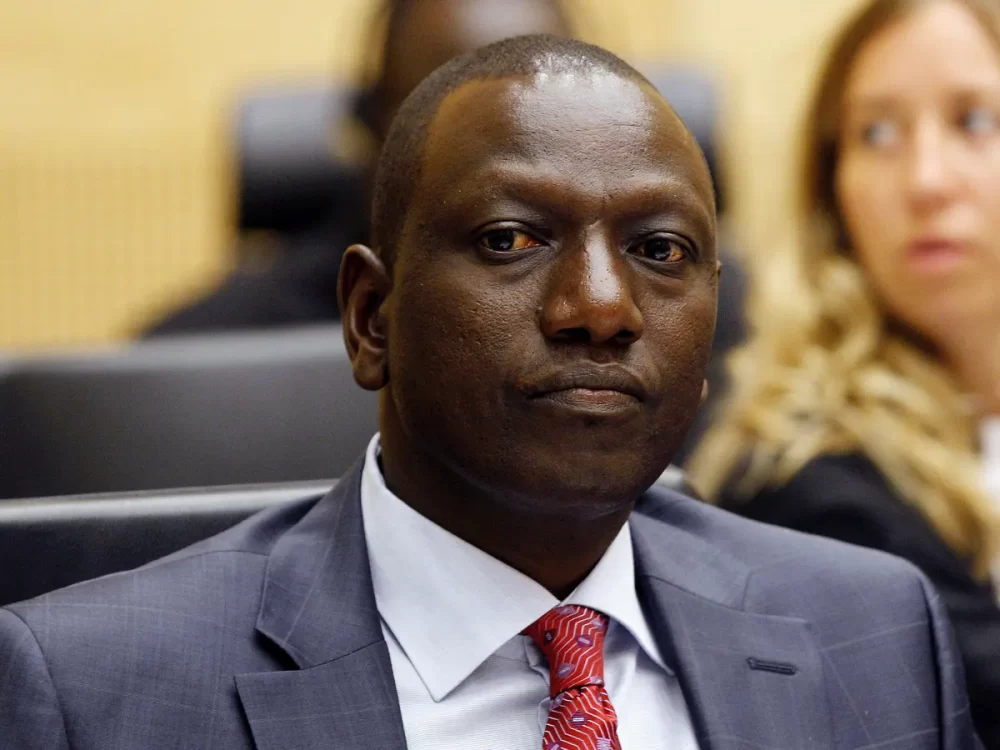
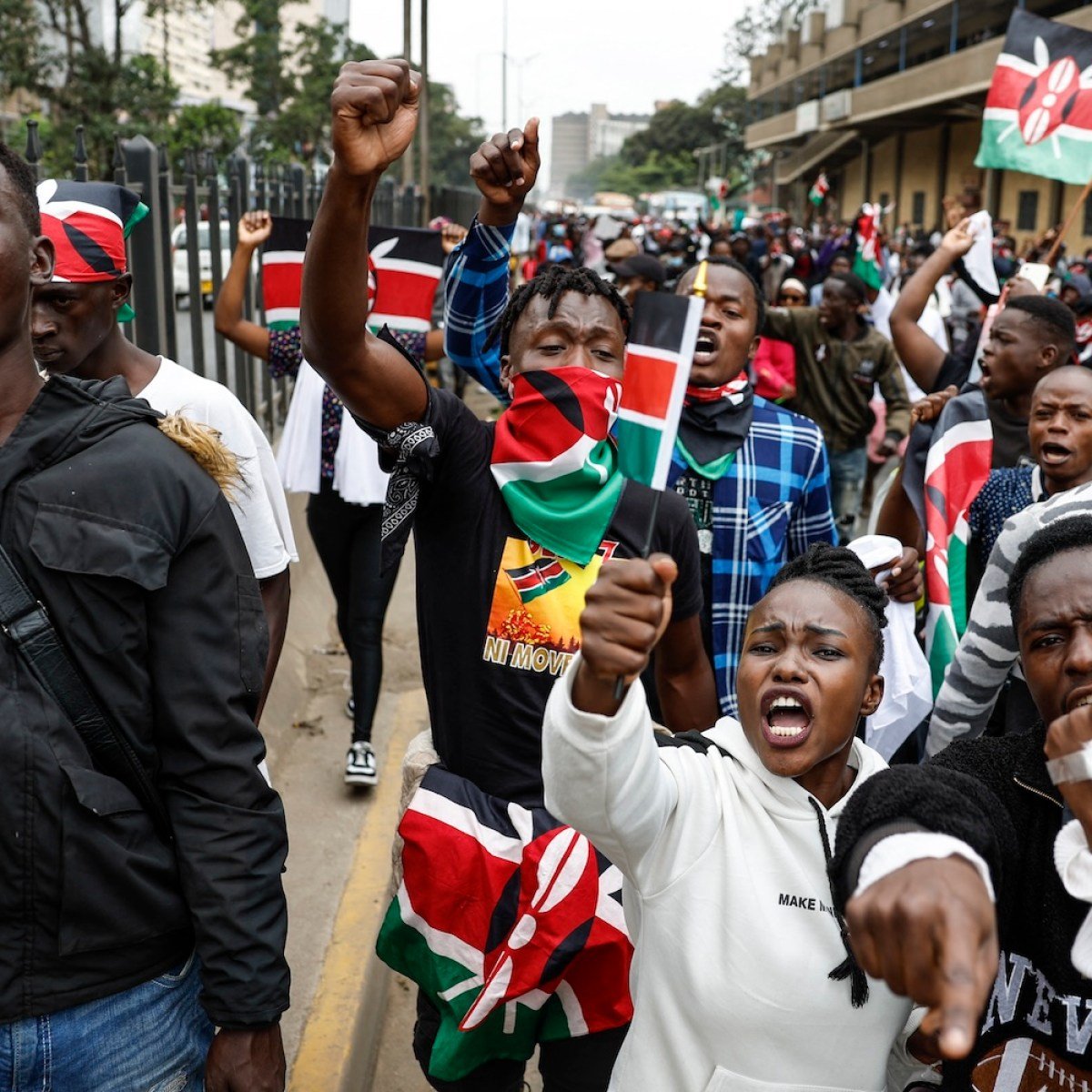


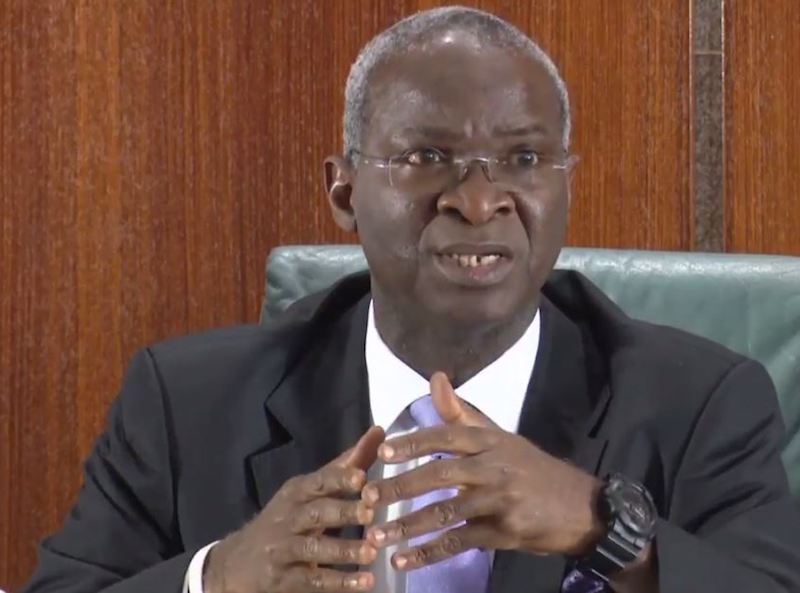
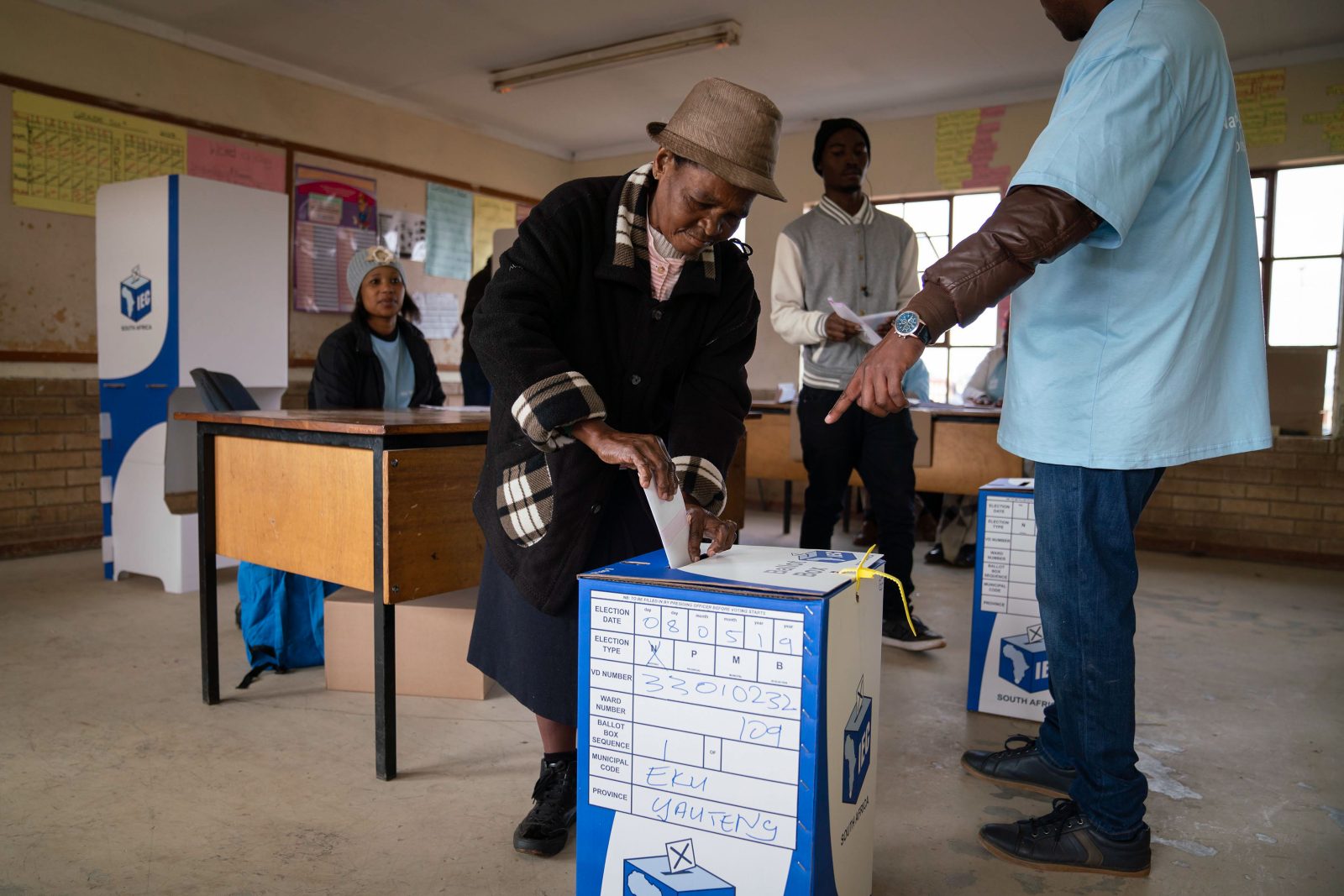

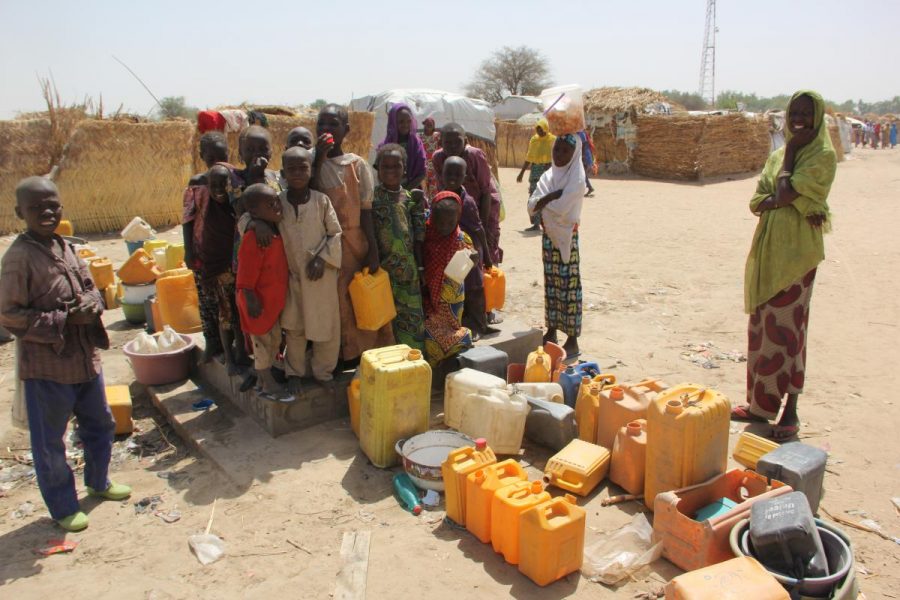
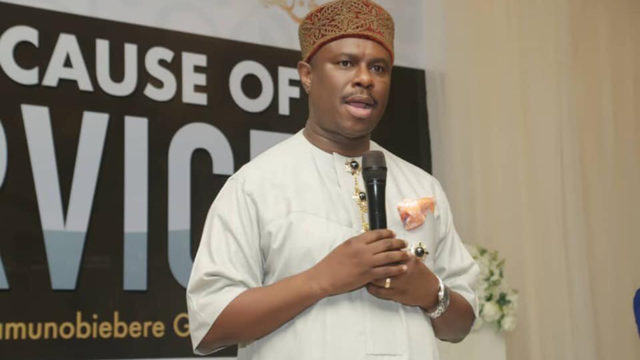
Leave a comment